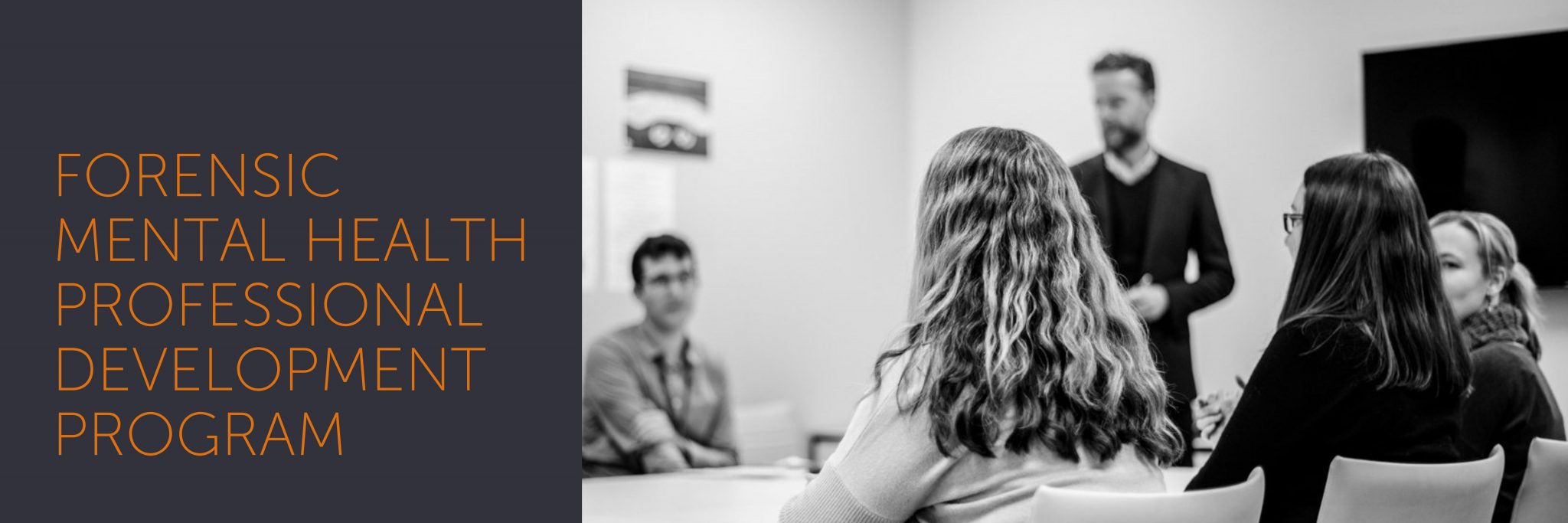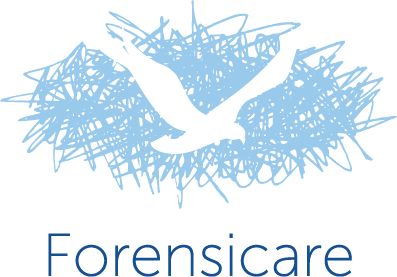
Forensicare’s Forensic Mental Health Professional Development Program (FMHPDP), delivered in collaboration with the Centre for Forensic Behavioural Science, provides a professional development program for individuals, teams and organisations looking to expand their knowledge and understanding of forensic behaviour and mental health issues. Workshops are provided throughout the year and are also available on request.
Improving Knowledge, Improving Practice
Our training program aims to promote knowledge and skills utilising evidence-based expertise developed on a foundation of advancing consumer-informed best practice.
As a specialist service, trainers from Forensicare and the Centre for Forensic Behavioural Science include some of the most highly regarded and experienced clinicians and researchers in the field of forensic mental health. Our current program will be of interest to a wide cross section of individuals and organisations including those who work in health, community, and criminal justice sectors.
Workshop program
The 2026 program of events is available at Centre for Forensic Behavioural Science | Humanitix
Register early to secure your spot.
Cancellation policy
The FMHPDP team reserves the right to cancel workshops, in which case, all fees will be refunded. If participants withdraw up to 72 hours prior to the commencement of the workshop, 50% of the fee will be refunded. There will be no refunds for cancellations within 72 hours of the workshop. Bookings are non-transferable to future workshops, but bookings for a particular workshop can be transferred to another person.
Customised training
We also provide customised training and related services based on your needs and specific requests. This includes a range of organisational services including individual and team supervision, facilitation of team processes, and organisational advisory services drawing on specialist clinical, management and service delivery experience.
More information
For more information, please email the Forensic Mental Health Professional Development Program team: FMHPDP@forensicare.vic.gov.au.




